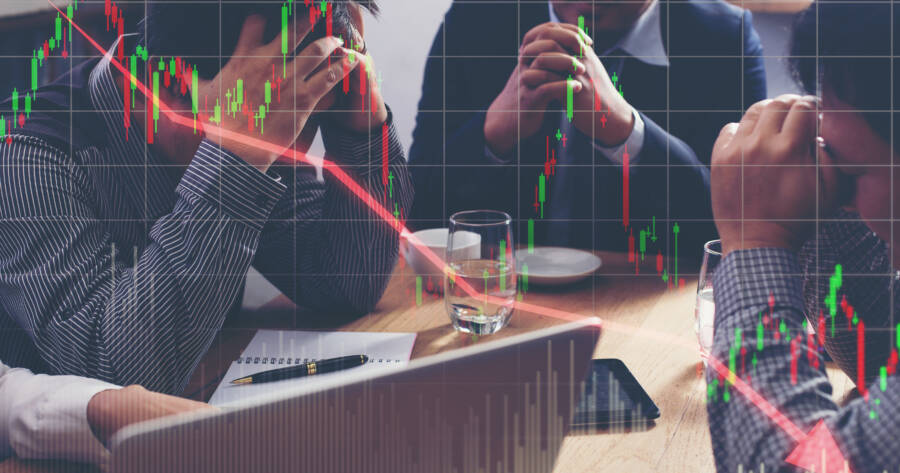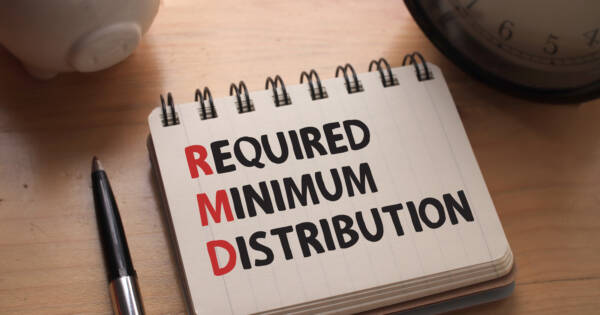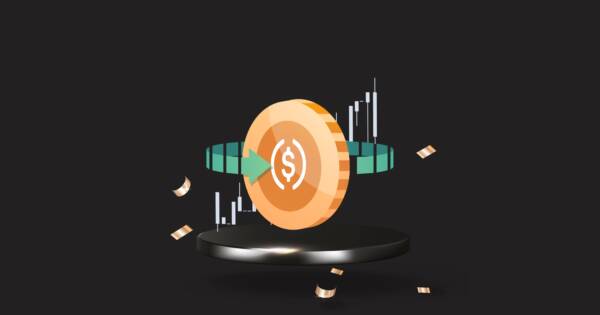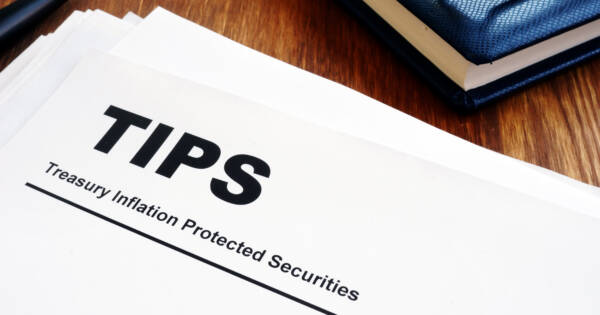We wouldn’t blame you for being worried about a potential stock market crash right now. The Delta variant of COVID-19 is currently ripping through the United States (and other parts of the world). Chinese real estate behemoth Evergrande is tanking, threatening to take portfolios around the world with it. Then there’s the issue of the U.S. debt ceiling, which has yet to be raised.
Does all of this mean that the stock market is headed for a crash? Well, not necessarily. However, there’s always an underlying concern that stock prices could suddenly drop for a number of different reasons. If you’re worried, then there are some moves you can make that will both protect yourself and actually earn a profit if a crash does occur. Check out the 12 moves you should think about making if you’re worried about a potential stock market crash.
Cash Out Completely
If you’re really worried, the best move you can make is to just get out of the market. This ensures that you’re completely safe in the event of a crash. That said, you should have a plan before you make this kind of drastic move. There may be tax implications of liquidating your investments, even if you plan to re-invest in he future. So tread carefully.
Develop indicators that you can use to tell when it’s time to sell. Likewise, develop indicators that tell you when it’s safe to get back into the market. These could be pegged to world news or the performance of specific stock market indexes.
Pick “Safer” Stocks
One way to protect yourself in the event of a crash is to diversify your holdings. Specifically, you’ll want to look for “safe” stocks. According to investment site The Motley Fool, safe stocks have four characteristics. These are: steady, growing revenue, lack of cyclicality, dividend growth, and durable competitive advantages.
Put another way, you’re looking for companies whose business won’t be majorly disrupted by an economic crisis. This includes utility companies, oil and gas companies, and insurance companies.
Consider Target Date Mutual Funds
Target date mutual funds enable you to stay in the stock market without the stress. These funds take a “set it and forget it” approach and are designed as long-term investments. They mix stocks, bonds, and short-term reserves (like Treasury bills and CDs). The asset allocation changes over time, going from aggressive to less-aggressive as the target date approaches.
Target date funds are a safer way to stay in the stock market, since they take a longer outlook. This makes any crash a mere bump on the road in the grand scheme of events.
 Shutterstock
ShutterstockConsider Conservative Investments
Stocks are attractive for many reasons, one of which is the fact that investors can “win big.” It’s never boring betting on companies and monitoring the market. The same can’t be said for government bonds and certificates of deposit, or CDs. These investments are “boring” by comparison to stocks. They are however safe and provide safe and steady returns.
Conservative investments like these enable you to continue seeing returns even if the market does crash. If you aren’t ready to go full vanilla, consider replacing some of your riskier investments with safer alternatives.
Look Into Real Estate
Like the stock market, property values are cyclical. However, U.S. home prices have grown by an average of 5.3% year over year since 1992. Yes, this is lower than the average stock market return of 10% per year. However, it’s easier to time housing market spikes, as they take longer to build steam. This makes it easier to sell at or near the top and profit off your initial investment.
What’s more, you can increase your return on investment by renting out your property. Even renting an empty room can provide valuable supplemental income.
Get Into Gold
If you fear a stock market crash but still crave big returns then consider investing in gold. The shiny stuff posted a positive rate of return in 17 out of 20 years from 2002 to 2020. Buying into gold before a stock market crash is a smart move, too. That’s because investors often see gold as a “safe” place to put their money when the market nosedives.
Owning gold before the market crashes and investors plunge in sets you up for a potentially big payday. In the crazy year that was 2020, gold’s rate of return was a whopping 24.6%.
Change Your Mindset
This is perhaps the hardest thing to do if you really fear a stock market crash. However, it’s important to remember that stock market crashes are not uncommon. In fact, 21 crashes have occurred since the 1929 crash that plunged the U.S. into the Great Depression.
Crashes are natural, and keeping this front of mind can keep you from panic selling at the bottom. Most crashes are followed by rebounds, as evidenced by the stock market’s crash in spring of 2020 and subsequent rally. Remember: It’s only a loss if you sell.
Short Stocks
Shorting stocks can be a great way to capitalize on a crash. For those who didn’t follow the Reddit meme stock drama, shorting basically refers to making money from borrowing shares. The idea is to target stocks you think will decrease in value. You borrow the shares and sell them. If all goes to plan, the share price will be lower when you have to return the borrowed shares.
Shorting stocks is typically difficult, as companies work hard to increase their share value. However, if you truly believe the market is primed for a crash then that’s the best time to go short.
Short Your Own Stocks
Yes, you can short yourself! In fact, shorting stock you own is a good way to hedge your bets. If the market crashes, you make money and get to offload low-priced shares. If the market doesn’t you are returning shares you (hopefully) purchased earlier for cheaper than the current price.
The biggest thing to consider here is the type of stocks you own and are shorting. Remember, some companies are more durable than others, so don’t short those.
Cash Out (To Buy Back In)
A stock market crash can wipe out your portfolio. It can also serve as an opportunity to build a strong portfolio on the cheap. If you’re worried about a crash then consider selling high and buying low. Once the market crashes you may be able to get coveted stocks, or fractions of them, on the cheap.
This strategy is available to both short-term and long-term investors. For short-term investors, “buying the dip” can lead to a quick profit when the market rebounds. For long-term investors, buying at the bottom provides the chance to cheaply build a valuable portfolio.
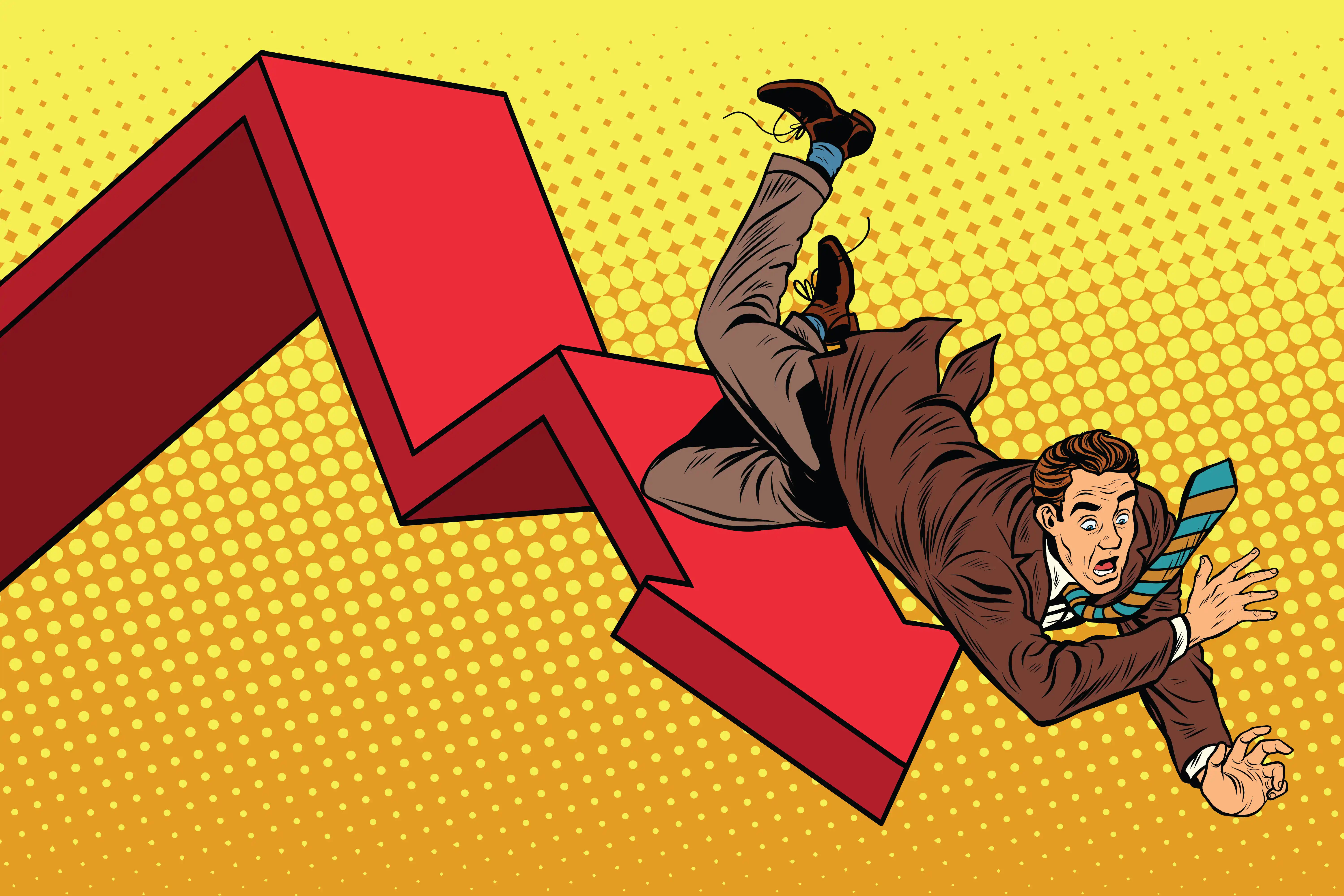 Shutterstock
ShutterstockInvest In Dividend Stocks
Dividend stocks enable investors to make money simply by holding their shares. What’s more, dividends are typically issued by companies with more resilient business models. After all, a company that’s consistently in trouble can’t afford to pay dividends quarter after quarter. Companies that need to fight for market share to survive can’t afford to pay dividends, either.
In addition, dividend stocks are viewed as “safe” long-term investments. This makes investors unlikely to sell them in the event of a crash. This in turn means their price could rise during a crash as investors seek safe stocks. If you think a crash is coming then it’s good to get into dividend stocks sooner than later.
Evaluate Your Investments
Online platforms and mobile apps have made trading stocks easier than ever. It has also enabled people to do less due diligence before making purchases. Why do research when you can turn to social media or look at a colorful stock price chart? The good news is that it’s never too late to do due diligence. This is especially true if you think a crash is right around the corner.
Research the companies in your portfolio and ask yourself how they’re likely to do in an economic crisis. Is their product or service essential or something people can go without or replace for a cheaper alternative? Could they leverage technology to grow their business, or is technology eating away at their market share? Did their share price rapidly rise recently due to hype from day traders or has it grown steadily? Going over your portfolio with a fine-tooth comb can help you spot areas of concern before a crash.
The Bottom Line
Fearing a stock market crash is perfectly normal, whether you’re a day trader or planning for your retirement. Unfortunately, there is no surefire way to predict a crash, or the severity of it. All you can do is watch the market and set indicators for yourself. Once you have those indicators in place you need a plan (or two) of action. Once these are in place you’ll be ready to act no matter how the market moves.
